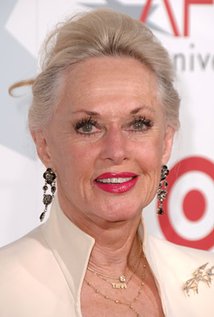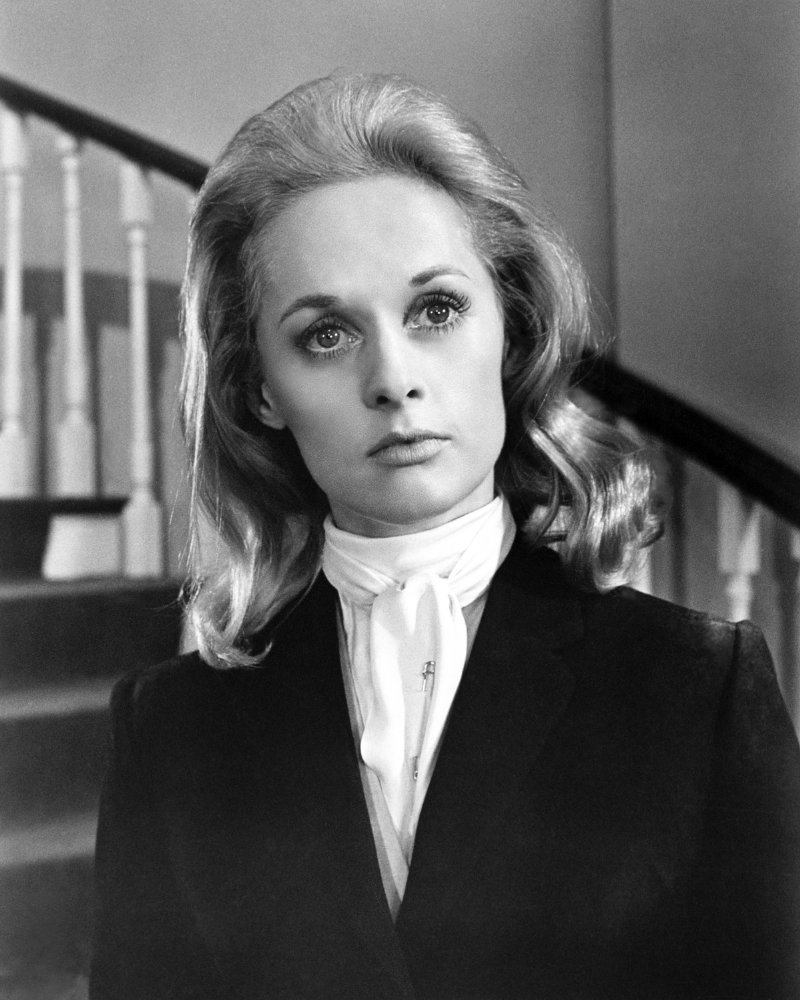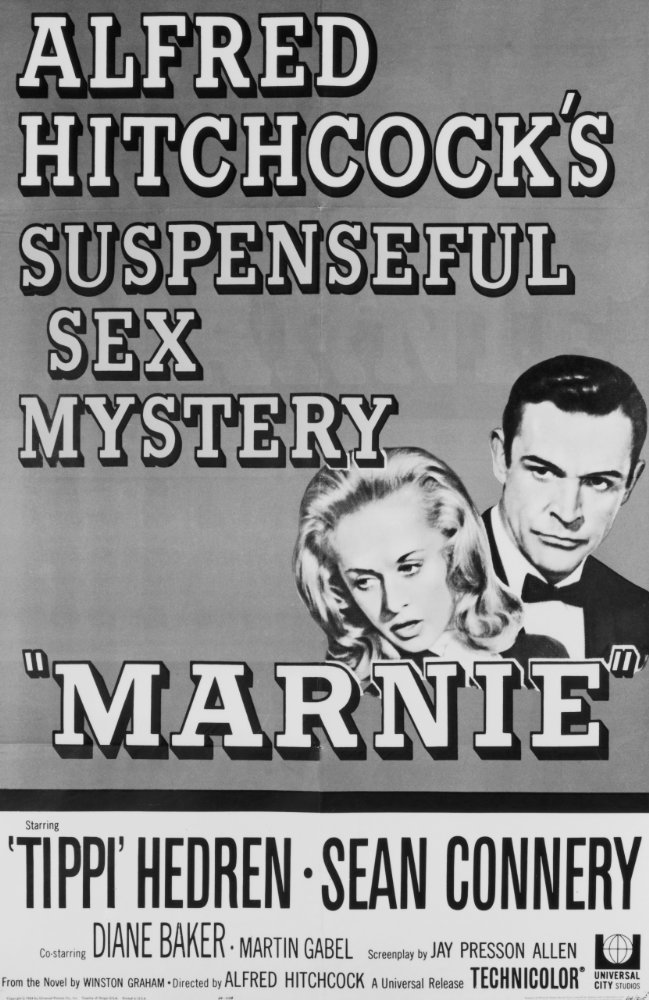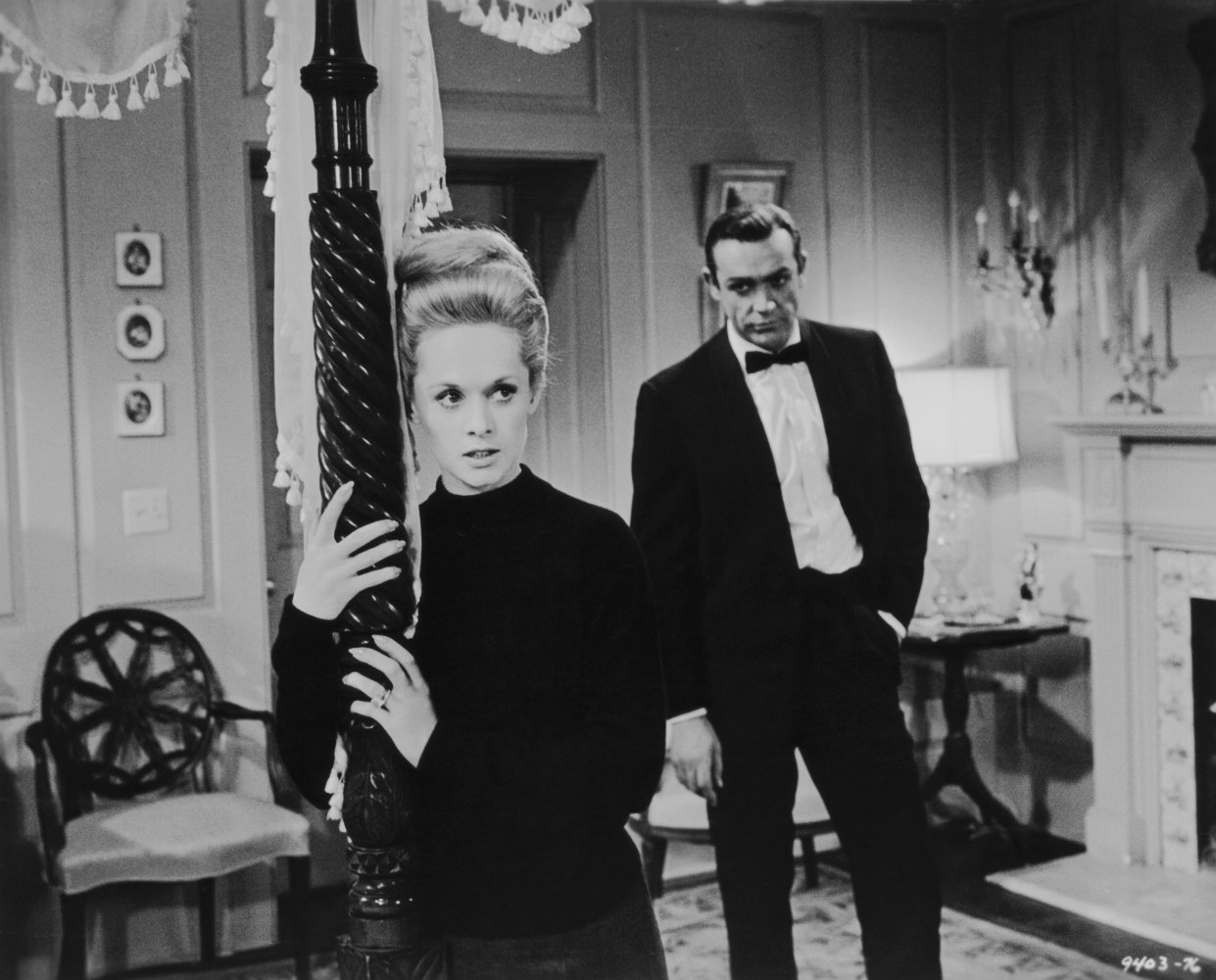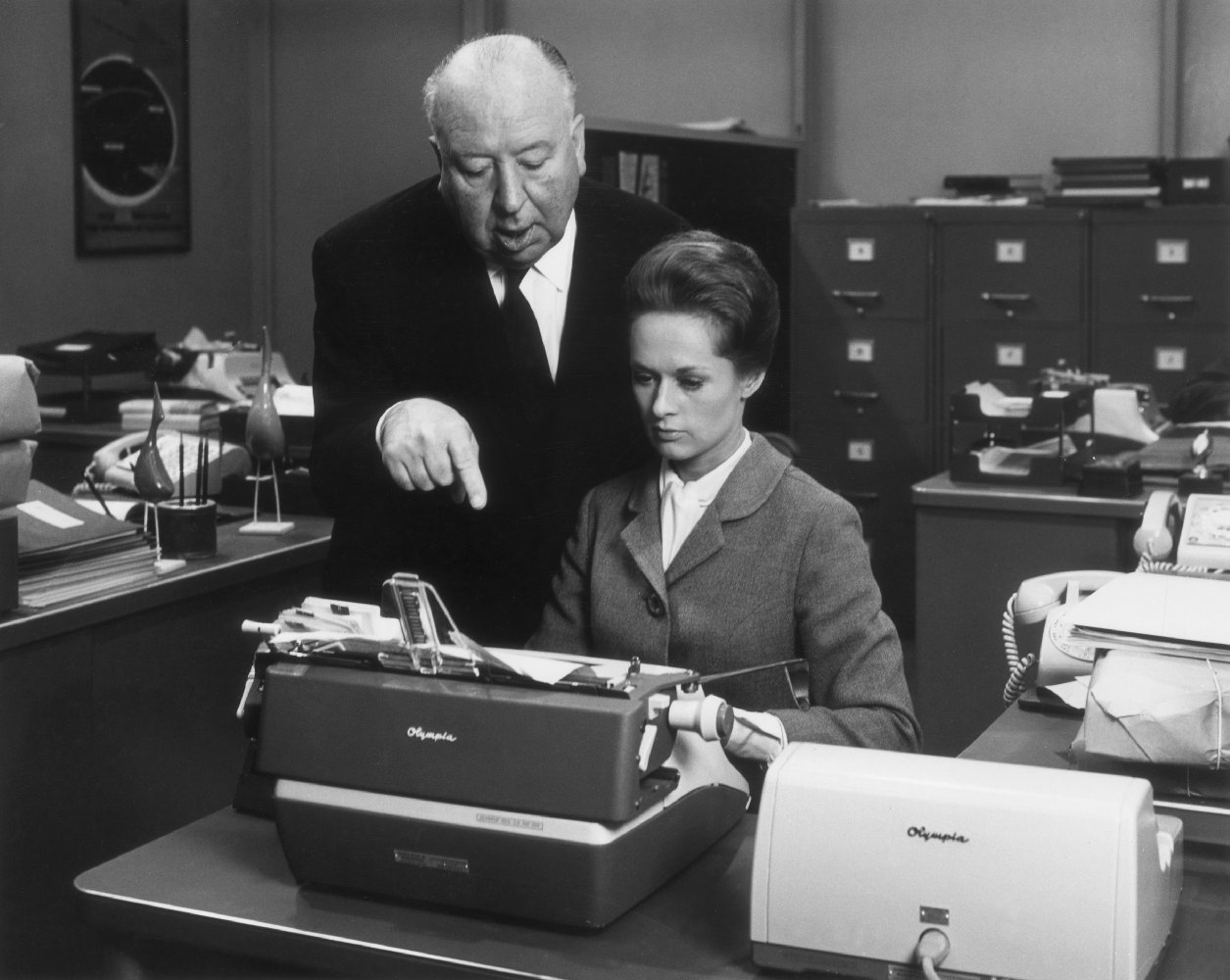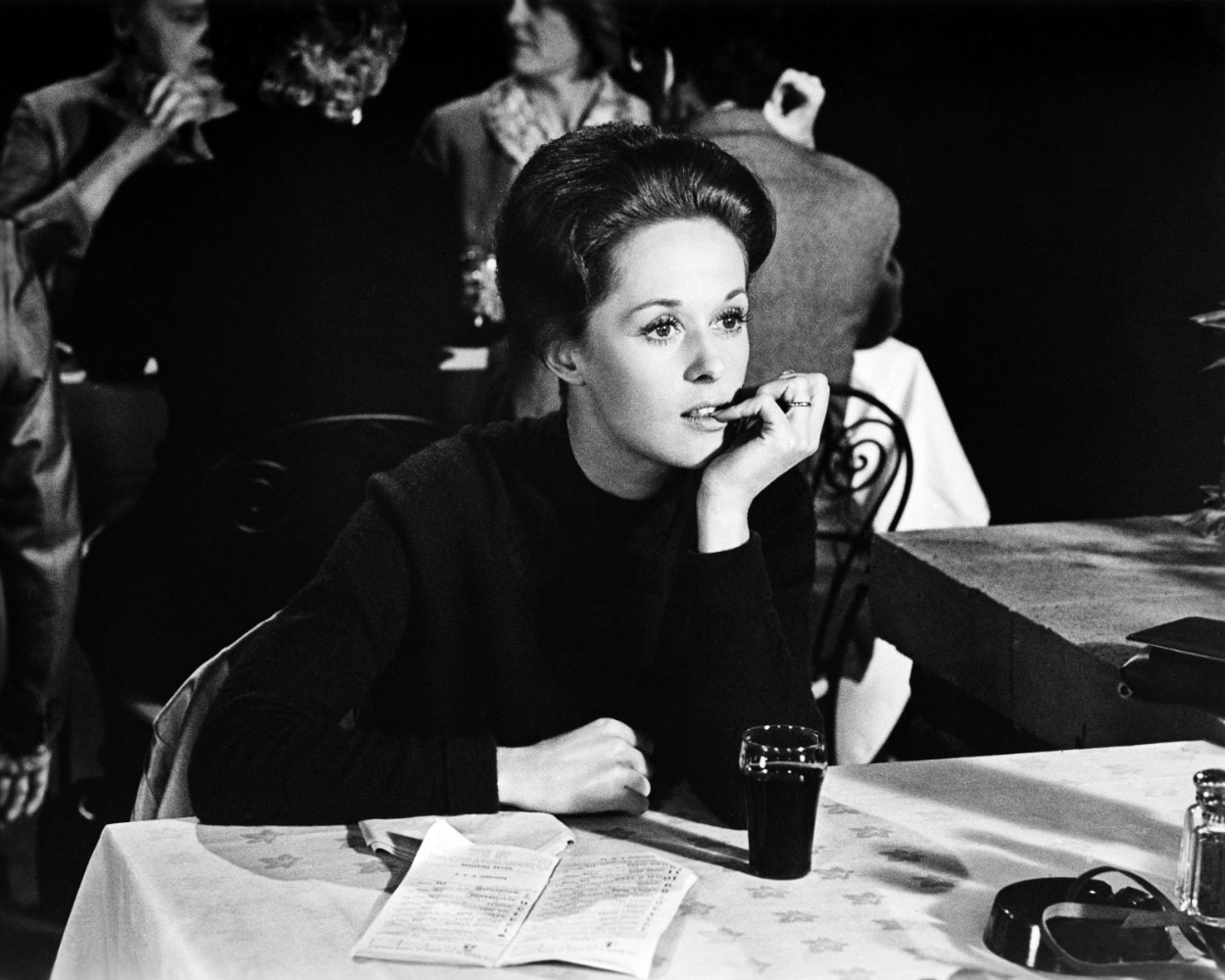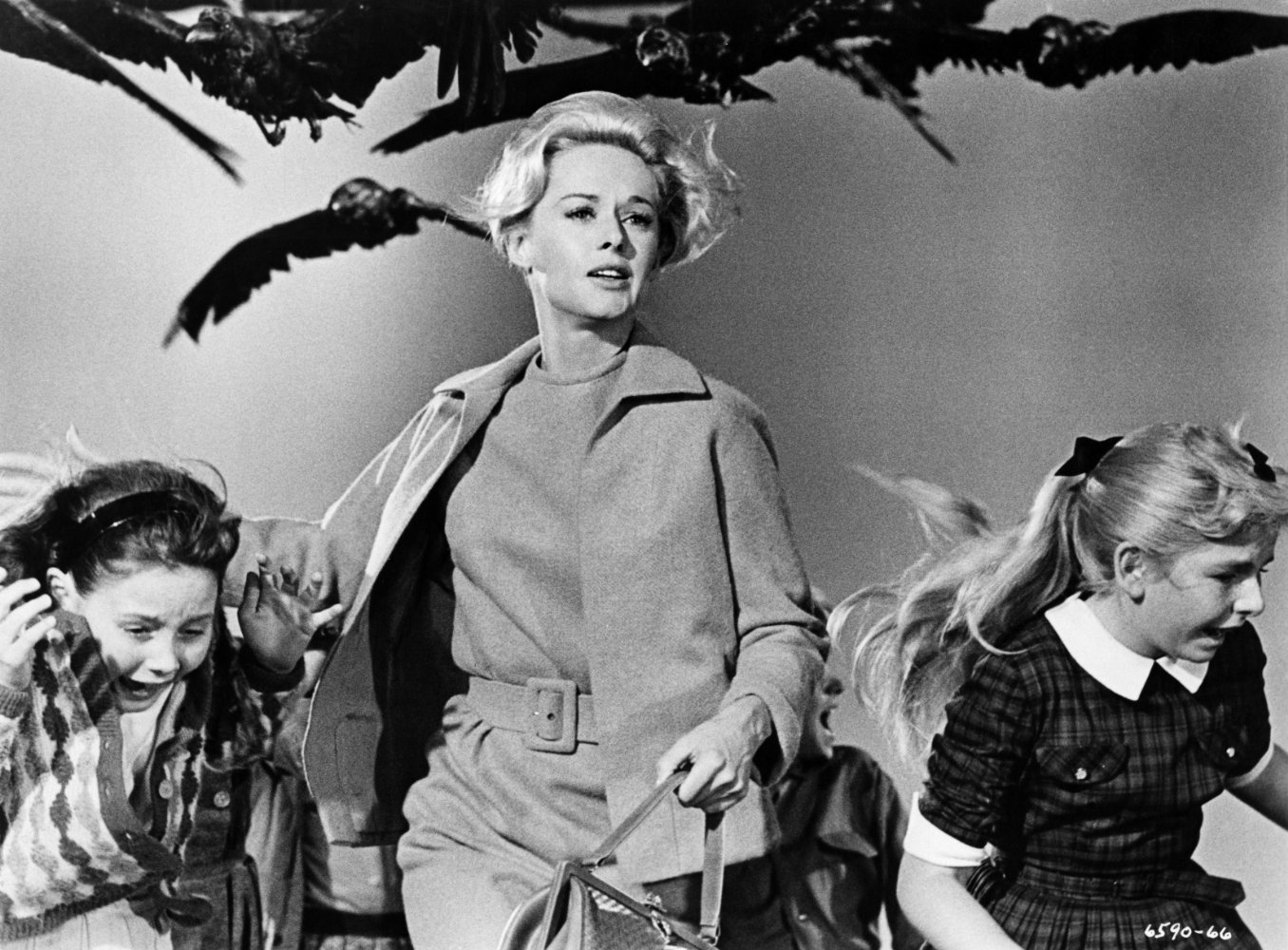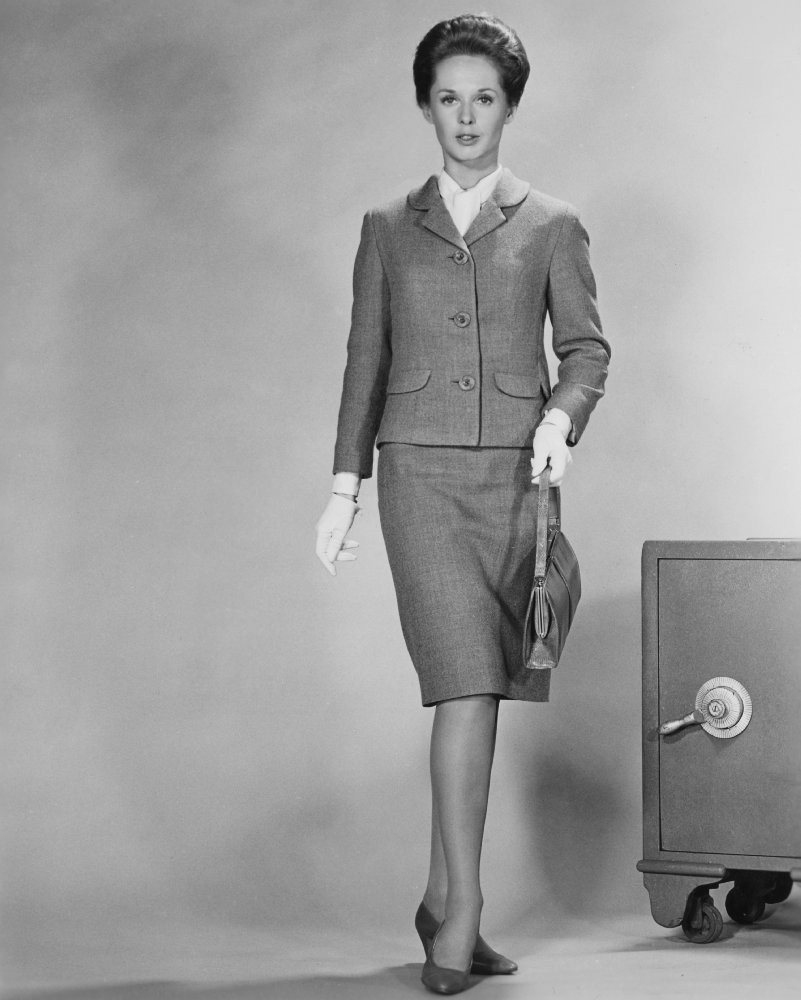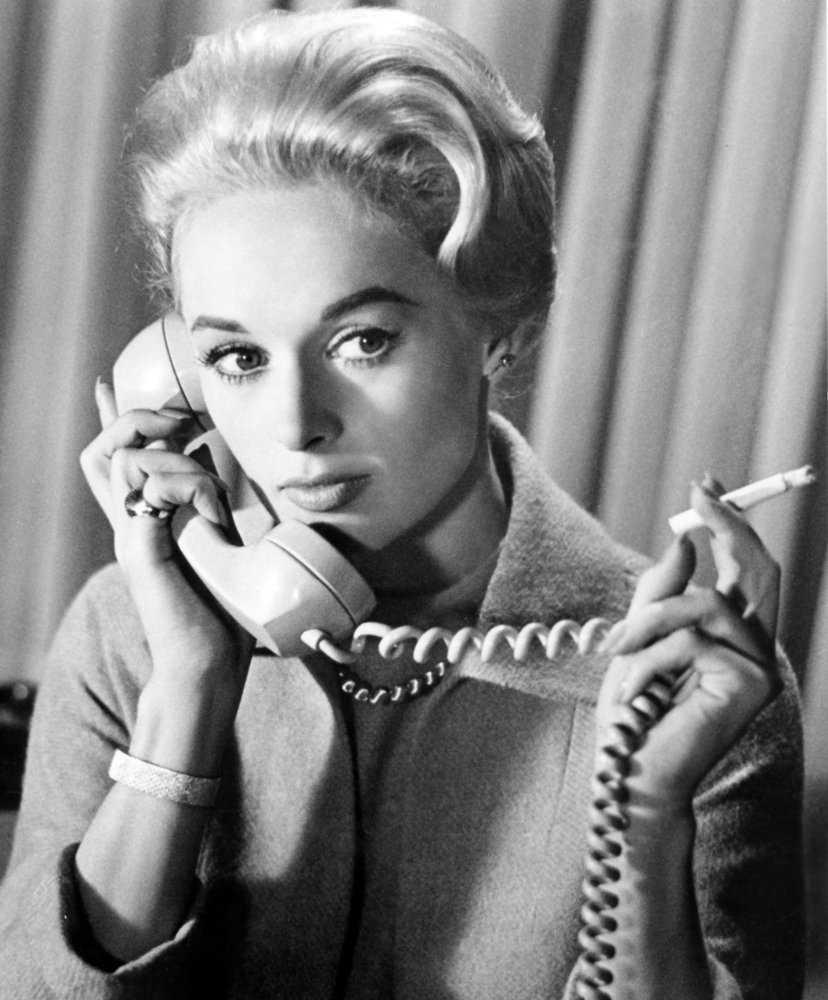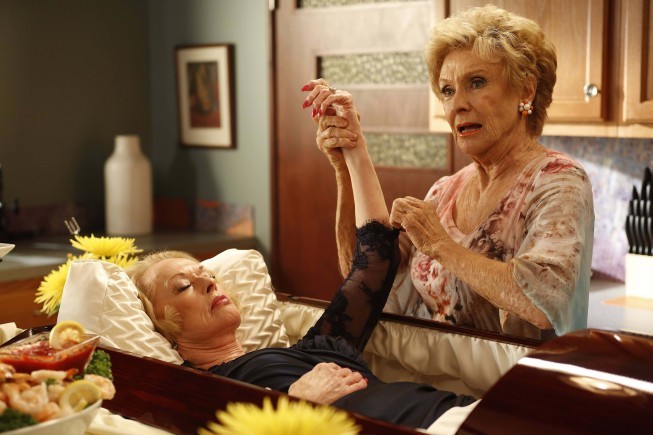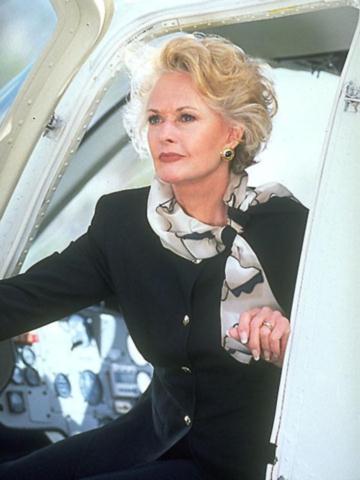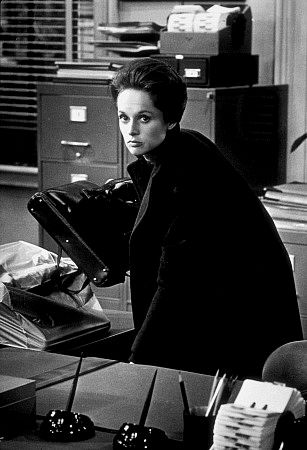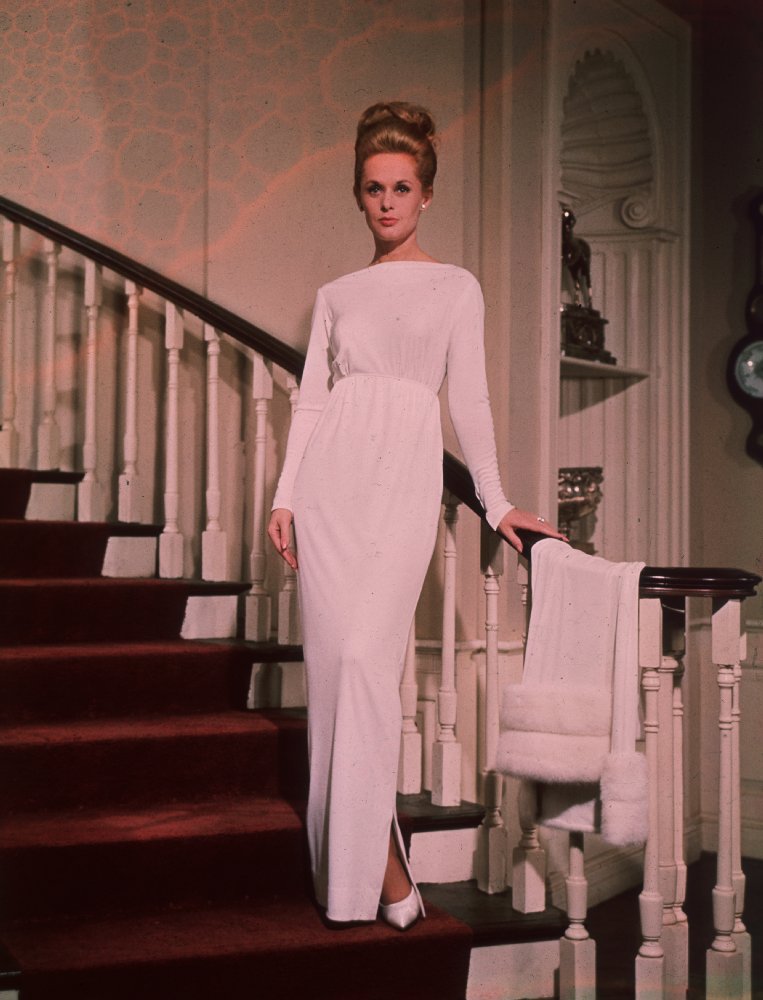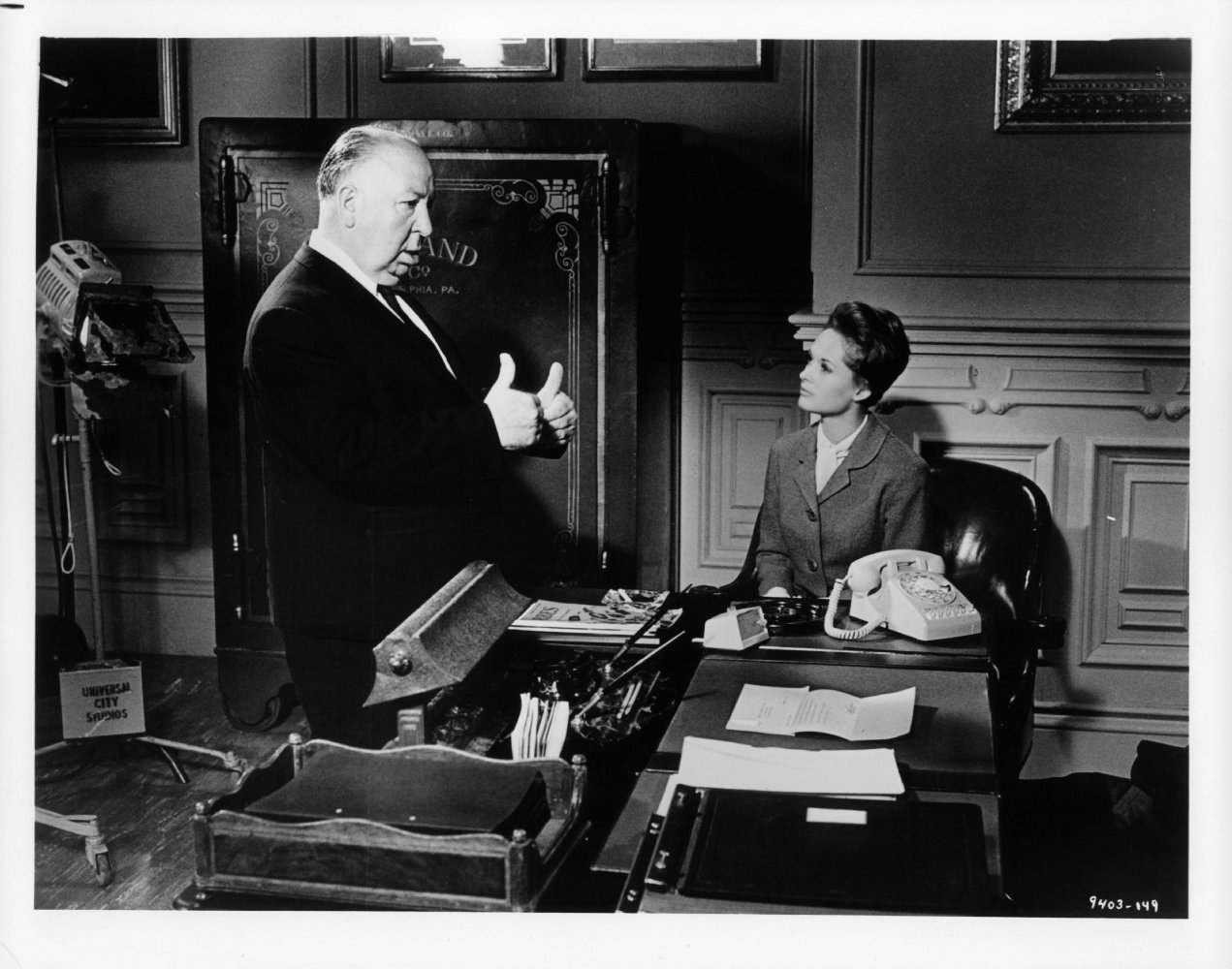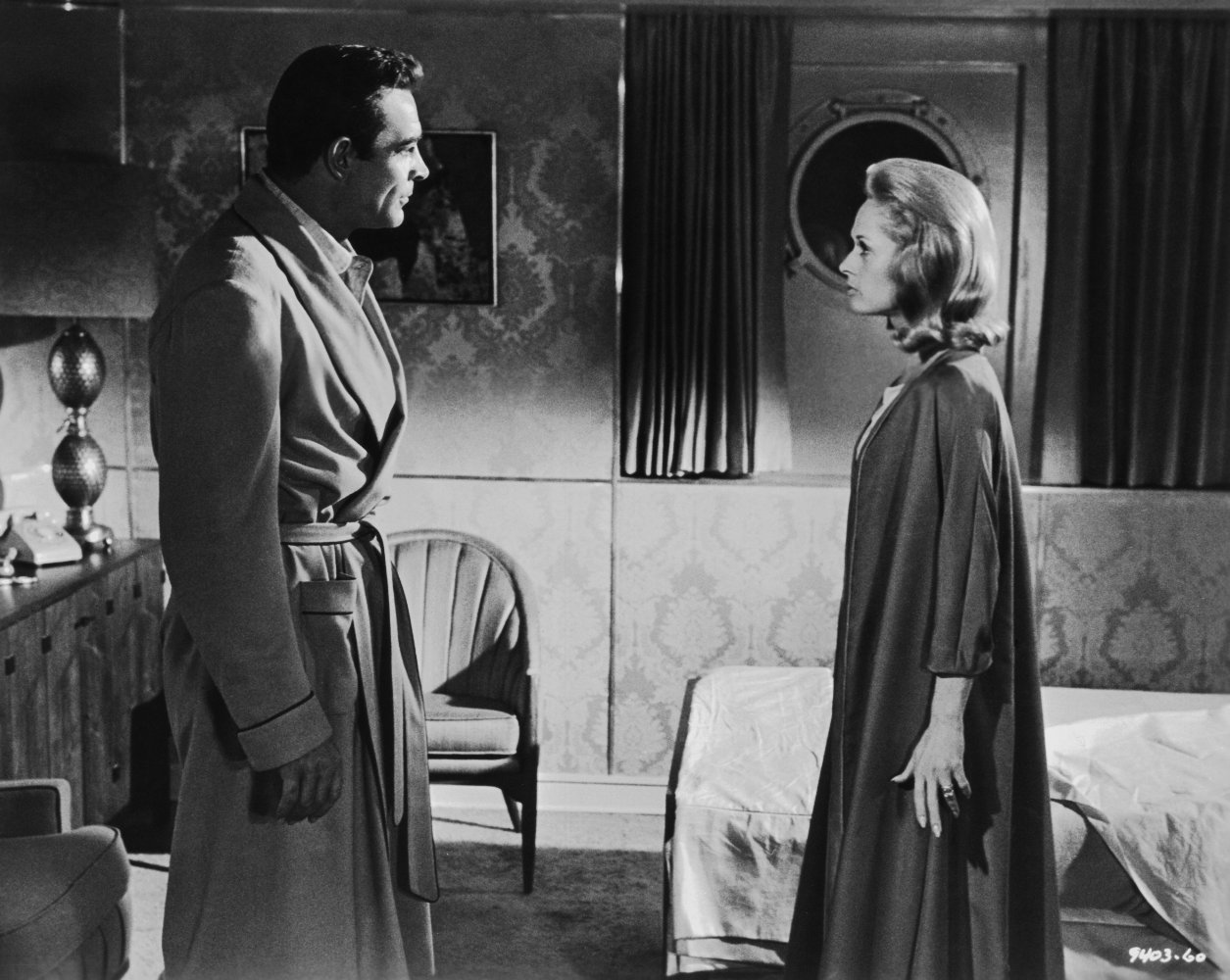Tippi Hedren was born Nathalie Kay Hedren in New Ulm, Minnesota, to Dorothea Henrietta (Eckhardt) and Bernard Carl Hedren, who ran a general store. Her father was of Swedish descent and her mother was of German and Norwegian ancestry. Tippi was working as a New York fashion model when she married her first husband, Peter Griffith, in 1952. They had...
Show more »
Tippi Hedren was born Nathalie Kay Hedren in New Ulm, Minnesota, to Dorothea Henrietta (Eckhardt) and Bernard Carl Hedren, who ran a general store. Her father was of Swedish descent and her mother was of German and Norwegian ancestry. Tippi was working as a New York fashion model when she married her first husband, Peter Griffith, in 1952. They had a daughter, Melanie Griffith, on August 9, 1957. After the marriage ended in 1961, Tippi moved to California and was discovered by legendary director Alfred Hitchcock. He put her under personal contract and cast her in The Birds (1963). Her performance in the film earned her a Golden Globe for Most Promising Newcomer. Her second film was Hitchcock's Marnie (1964), where she played a challenging and difficult role of a frigid, habitual thief opposite Sean Connery. The professional relationship with Hitchcock ended with mutual bitterness and disappointment towards the end of shooting, and that year she married her then-agent, Noel Marshall. Tippi and her husband Marshall collected big cats and other wildlife for the film Roar (1981), which they starred in and produced. The film took 11 years and $17 million to make, but it only made $2 million worldwide. Nevertheless, the film was a turning point in her life; she became actively involved in animal rights, as well as a wide variety of humanitarian and environmental causes. Her marriage to Marshall ended in 1982, and in 1985 she married her third husband, businessman Luis Barrenechea. They divorced in 1995. Tippi has devoted much time and effort to charitable causes: she is a volunteer International Relief Coordinator for "Food for the Hungry". She has traveled worldwide to set up relief programs following earthquakes, hurricanes, famine and war, and has received numerous awards for her efforts, including the "Humanitarian Award" presented to her by the Baha'i Faith. As for animal causes, she is founder and President of "The Roar Foundation". Onscreen, she continues to work frequently in films, theater and TV. She appeared in I Woke Up Early the Day I Died (1998), finally bringing to the big screen the last screenplay written by the late Edward D. Wood Jr. in 1974 (and featuring Wood regulars Maila Nurmi and Conrad Brooks, just about the only surviving members of Wood's stock company). She also enjoyed playing comedic roles, such as an abortion rights activist in Alexander Payne's satire Citizen Ruth (1996) and slapping Jude Law in I Heart Huckabees (2004). Tippi's contributions to world cinema have been honored with Life Achievement awards in France at The Beauvais Film Festival Cinemalia 1994; in Spain, by The Fundacion Municipal De Cine in 1995; and at the Riverside International Film Festival in 2007. In 1999, Tippi was honored as "Woman of Vision" by Women in Film and Video in Washington, D.C., and received the Presidential Medal for her work in film from Hofstra University.
Show less «

